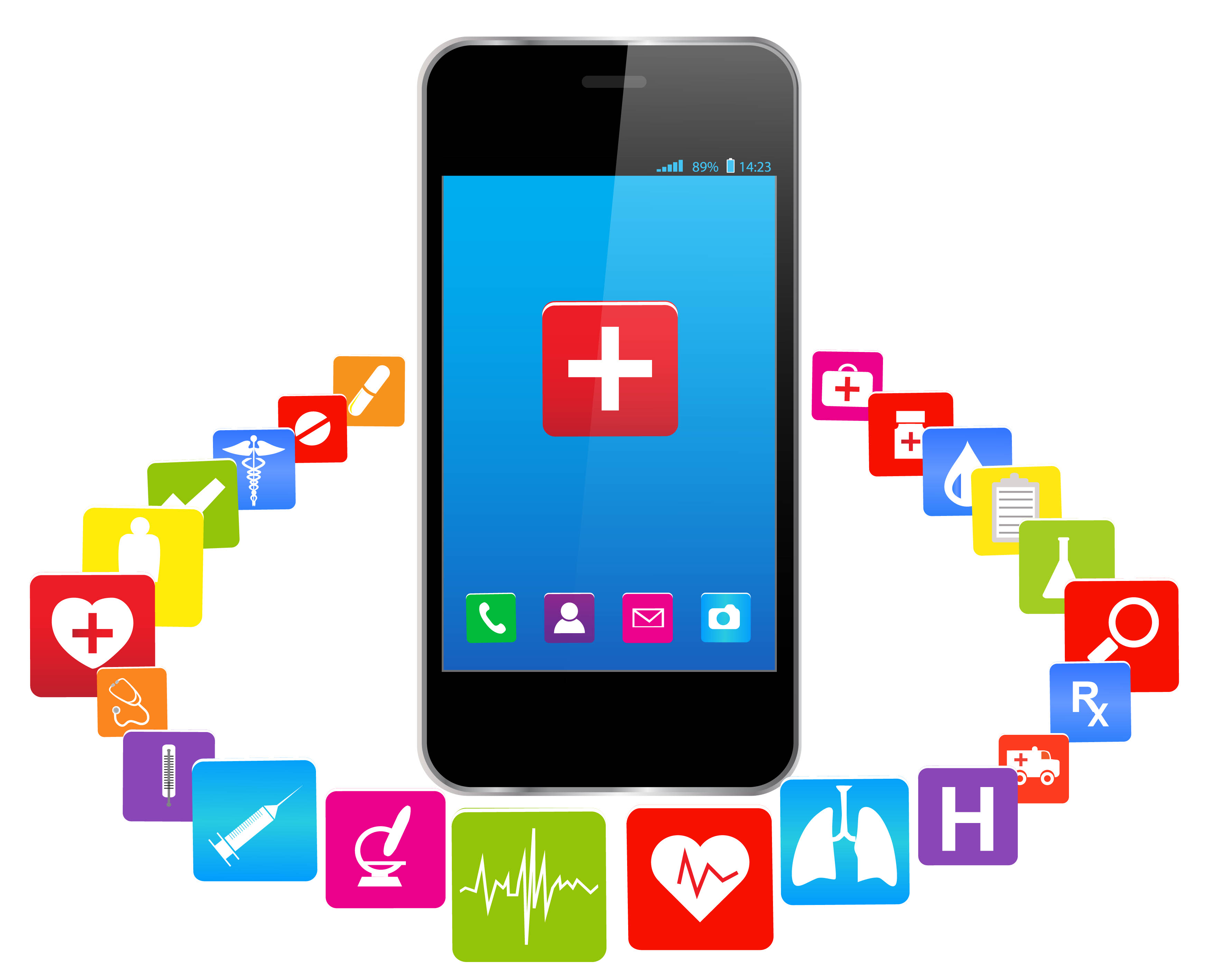
-
Membership
Become a Member
Show your committment to patient safety, legal compliance and community over competition.
-
Training
Join and Save
AmSpa members receive preferred pricing on all AmSpa live and virtual trainings.
-
Blog & News
Latest Blog Posts
View All PostsDon't Miss an Update
Get the latest news and information about safe, legal practice in medical aesthetics directly in your inbox.
-
Resources
Ready to Get Started?
Get access to med spa laws, in-person and online training and more!
- Contact Us
- Become A Member




 care, and to radically reduce the costs of healthcare delivery. But the government is struggling to craft a regulatory framework that will ensure safety in this brave new world world of healthcare delivery.
care, and to radically reduce the costs of healthcare delivery. But the government is struggling to craft a regulatory framework that will ensure safety in this brave new world world of healthcare delivery.